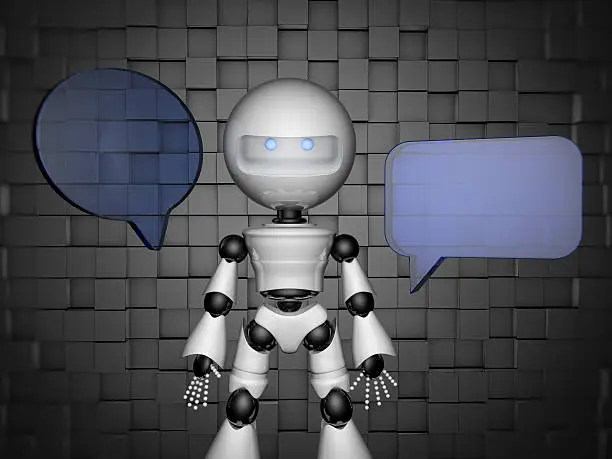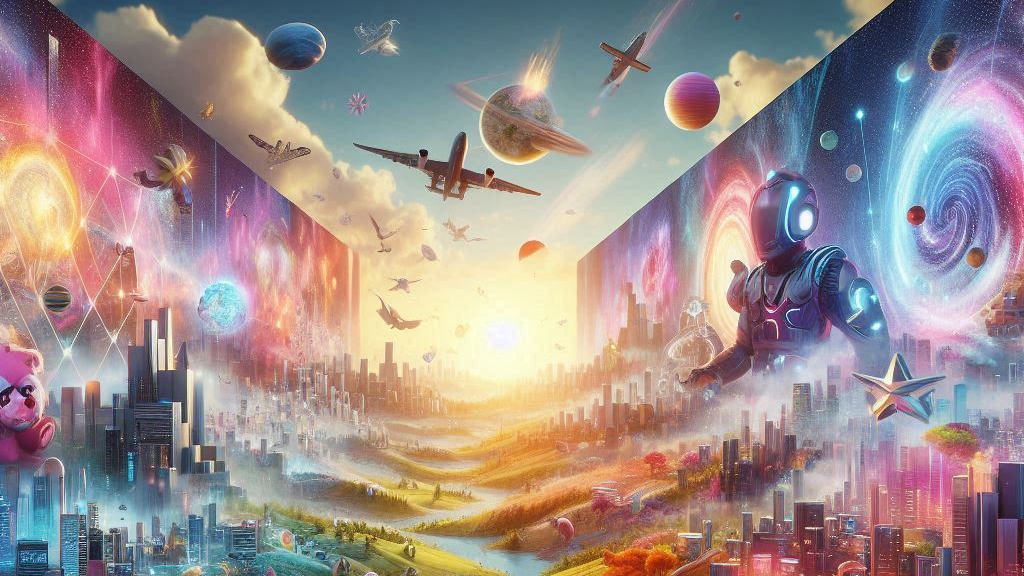In recent years, AI companion chatbots have captivated the public’s imagination, sparking conversations about the future of human-technology relationships. These AI-powered virtual companions are designed to simulate human-like conversations, offering users emotional support, personalized interactions, and even immersive role-playing experiences. But what is it about these AI companions that make them so appealing to users, and why are they attracting such widespread attention? Let’s explore the reasons behind the rise of AI companion chatbots and their growing popularity.
Emotional Support and Combating Loneliness
One of the key factors driving the popularity of NSFW AI companion chatbots is their ability to provide emotional support. Many users turn to these chatbots during times of loneliness, especially in an age where real-world social connections can be challenging to maintain. With the rise of remote work, increased digital interactions, and the ongoing aftermath of the COVID-19 pandemic, many people are experiencing heightened feelings of isolation.
AI companions offer a solution by mimicking human-like interaction, providing users with the opportunity to have engaging conversations at any time of day or night. Unlike traditional human relationships, these chatbots are available 24/7, always ready to listen without judgment. For users who might not have access to a support system in the real world, these virtual companions can serve as an essential outlet for expression and connection.
Personalization and Customization
AI companion chatbots stand out because of the high degree of personalization they offer. Unlike traditional chatbots or virtual assistants, which typically have rigid and limited responses, AI companions can be tailored to suit the individual preferences of the user. Whether it’s adjusting the personality, tone, or even the appearance of the chatbot, users can create a highly customized interaction experience.
For instance, some chatbots offer features where users can design their own NSFW character AI, selecting traits like kindness, humor, or intellect. This level of customization helps create a deeper emotional bond between the user and the chatbot. When a chatbot mirrors the user’s preferences, the interaction feels more meaningful and relatable, heightening the sense of connection.
Escapism and Fantasy
Another significant appeal of AI companion chatbots is their ability to provide an escape from reality. Many users turn to AI chatbots for role-playing or fantasy experiences that they can’t easily achieve in real life. Whether it’s imagining a romantic relationship or exploring imaginative scenarios, AI companions allow users to dive into worlds of their own making, where the limits of the real world don’t apply.
For users with specific desires, interests, or fantasies, AI companions offer a safe space to explore those aspects of their personality without fear of judgment. This can range from playful interactions to deeper emotional engagements, and the chatbot remains a constant, ever-available figure that doesn’t impose any real-world consequences.
A Safe and Non-Judgmental Space
One of the most powerful features of AI companions is their non-judgmental nature. Unlike human interactions, where conversations can be influenced by social norms, biases, or past experiences, AI chatbots are programmed to be objective and neutral. This makes them an ideal space for people to explore sensitive or taboo topics without the fear of criticism.
Many users, especially those exploring their sexual identity or engaging with taboo subjects, feel more comfortable discussing these matters with a virtual companion. The chatbot, equipped with empathetic responses and personalized guidance, creates a safe environment that promotes open and honest dialogue. In this way, AI chatbots are transforming how people think about privacy, identity, and social connection.
Advances in Technology: NLP and Emotional Intelligence
The rise of more advanced AI models, such as GPT-4, has been a game-changer in the development of companion chatbots. These AI systems use sophisticated Natural Language Processing (NLP) algorithms that allow them to understand and generate human-like language. This advancement means that AI companions are capable of delivering more coherent, nuanced, and emotionally intelligent conversations.
Modern AI companions can detect emotional cues from users and respond accordingly. Whether the user is feeling sad, excited, or frustrated, the chatbot can tailor its responses to match the user’s emotional state. This level of emotional intelligence not only enhances the interaction but also creates a sense of understanding and empathy, making the experience feel more authentic.
Breaking Barriers in Human-AI Interaction
NSFW AI Chat companion chatbots are also reshaping how people interact with technology. In the past, speaking to a machine felt impersonal, robotic, and unnatural. Today, however, the lines between human interaction and AI interaction are becoming increasingly blurred. The more advanced AI companions become, the more users feel comfortable engaging with them in a variety of contexts.
For many, these chatbots are no longer seen as mere tools, but as entities capable of forging genuine connections. They represent a new frontier in the relationship between humans and technology, breaking down barriers and normalizing AI as part of everyday life. As people grow more accustomed to interacting with AI, the demand for AI companions is expected to keep growing.
Commercial and Business Potential
The popularity of AI companion chatbots has not only captured the attention of consumers but has also sparked significant commercial interest. With many companies offering subscription-based services, premium features, or personalized interactions, the financial potential of AI companion platforms is enormous. As more users flock to these services, businesses are responding with increasingly sophisticated offerings, catering to diverse needs from casual chats to deep emotional connections.
Furthermore, AI chatbots are becoming integrated into various apps and platforms, including social media, gaming, and virtual worlds. As these chatbots become more widely available, their adoption is likely to continue expanding, opening up new opportunities for businesses in a range of industries, from entertainment to mental health support.
Ethical Considerations and Challenges
While AI companion chatbots offer numerous benefits, there are also some important ethical concerns to consider. One major issue is the potential for addiction. As these chatbots provide a comforting, always-available presence, some users may begin to rely on them too heavily, which could lead to social isolation or an unhealthy emotional dependency.
Another concern is data privacy. Since AI companions gather sensitive personal information during interactions, the risk of data breaches or misuse is ever-present. It’s crucial for companies to ensure that they are transparent about data collection and adhere to strong privacy standards.
Finally, the ethical implications of creating AI companions that can form deep emotional connections with users raise questions about the boundaries between technology and human interaction. Are we becoming too dependent on machines for emotional fulfillment? As AI technology evolves, these questions will become increasingly important.
Conclusion: The Future of AI Companions
AI companion chatbots are not just a passing trend—they are reshaping how we think about relationships, technology, and emotional well-being. With the ability to provide personalized, non-judgmental companionship, they offer users an unprecedented opportunity for connection, support, and escapism. As technology continues to evolve, we can expect even more advanced and emotionally intelligent chatbots to emerge, further enhancing the ways in which we interact with AI.
While there are certainly challenges to address, such as potential addiction and privacy concerns, the appeal of AI companions will likely continue to grow as more people embrace their ability to offer companionship, understanding, and a sense of belonging. As we move into the future, AI companions may become an even more integral part of our digital lives, providing both emotional support and entertainment in ways that were once unimaginable.









